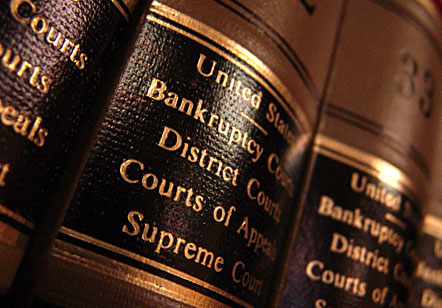 Are these tough financial times impacting you? Are bills starting to pile up without a way to pay them? Are you facing foreclosure on your home? Are you drowning in debt? If you have answered, “yes” to any of the previous questions a Bankruptcy may be in your best interest. However, a simple blog or description of Bankruptcy cannot tell you if Bankruptcy is right for you, but a FREE consultation with a Jacksonville Bankruptcy can give you the insight and knowledge to make the right decision.
Are these tough financial times impacting you? Are bills starting to pile up without a way to pay them? Are you facing foreclosure on your home? Are you drowning in debt? If you have answered, “yes” to any of the previous questions a Bankruptcy may be in your best interest. However, a simple blog or description of Bankruptcy cannot tell you if Bankruptcy is right for you, but a FREE consultation with a Jacksonville Bankruptcy can give you the insight and knowledge to make the right decision.
As a Bankruptcy Lawyer, I can review your financial documents and make an educated decision on which chapter of Bankruptcy will be best suited for your current needs. With that being said, most clients are not aware there are four (4) chapters of Bankruptcy that are available. Most clients have heard of Chapter 7 or Chapter 13, however, few have knowledge of Chapter 11, and Chapter 12. In order to better inform the general public and my potential clients, I will give a brief summary of each Chapter of Bankruptcy. Then armed with that knowledge our initial consultation can be more productive and directed at getting you the best result possible.
Chapter 7
 Jacksonville Bankruptcy Lawyer Blog
Jacksonville Bankruptcy Lawyer Blog










